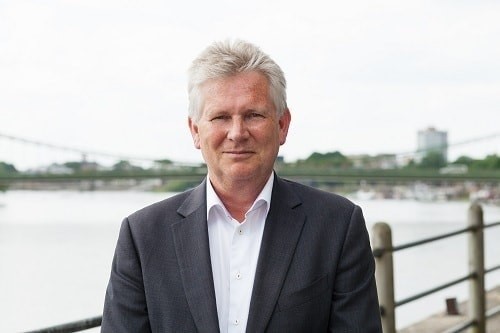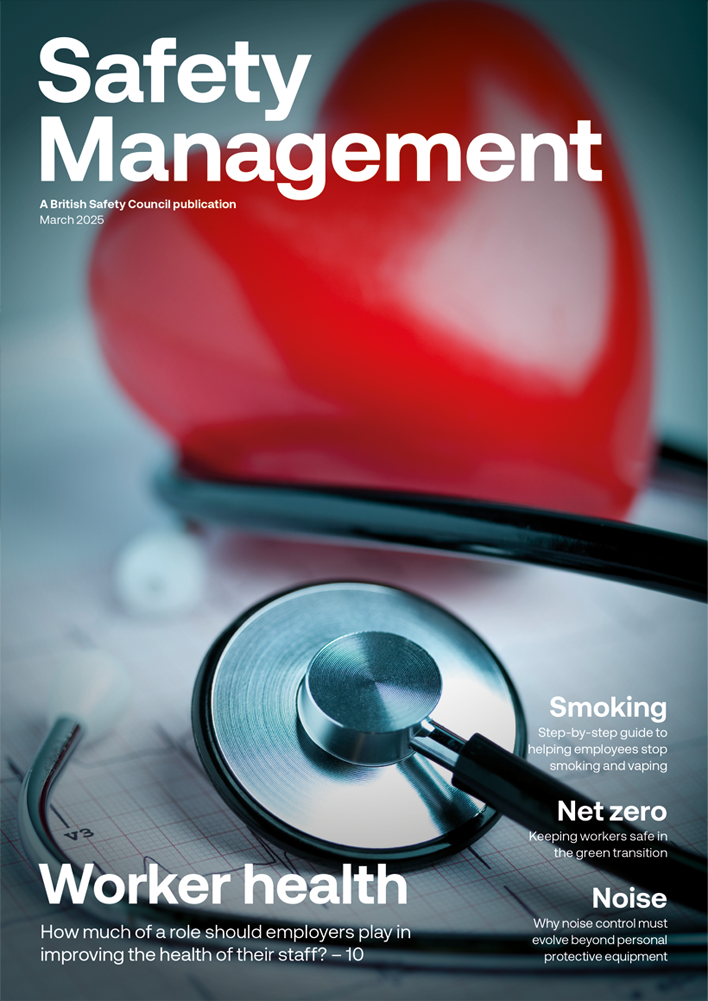The world breathed a huge sigh of relief when, on Tuesday 28 November, 41 miners were rescued from the tunnel they were digging in the Himalayan mountains.
Opinion
41 lives saved must be celebrated. Too many others aren’t so lucky
A landslide more than two weeks earlier had caused part of the Silkyara-Barkot tunnel, in Uttarakhand, to collapse and block their exit.
For 17 long days, food and water were passed through small pipes to reach the trapped miners, which kept them alive – but it is hard to imagine what they went through. One of the rescued miners said, “We were really scared, every moment felt that death was standing nearby”.
The project they were working on is part of the Indian Government’s Char Dham project to connect key Hindu pilgrim sites by a 550-mile network of underground, weatherproof roads.
 Mike Robinson: "In India’s coal mines alone, there are around 30 fatalities and 100 other serious injuries every year."
Mike Robinson: "In India’s coal mines alone, there are around 30 fatalities and 100 other serious injuries every year."
The scheme has not been without criticism, however, particularly for the impact it may have on an area already at risk from landslides and earthquakes. A panel of experts looking at the collapse said it was being constructed with no emergency exit and through a geological fault.
The rescue operation required was one of the biggest India has ever undertaken. It involved numerous Government agencies, as well as the army and emergency services. But it was a team of so-called ‘rat hole’ miners who were the real heroes, able to do what a large drill could not, once it had drilled through 50 metres and hit metal.
The team of rat hole miners cut through the final 12 metres by hand. The correct name for them is ‘manual excavators’, and they do work that the Indian Supreme Court made illegal in 2014, even though its practice remains quite widespread. They go through tight spaces to carry out repairs, and are used to clean out sewers and drains, clear blockages or fix pipes, as we have previously reported in Safety Management.
The first rescuer to reach the men, Munna Qureshi, told reporters: “I removed the last rock and saw them. Then I went to the other side. They hugged us, lifted us. And thanked us for taking them out.” Unbelievably, the whole operation to load debris on trolleys, bring that out and reach the men took less than 24 hours.
I am struck by the sheer cost, effort and enormity of the rescue as a whole, and how much resource was required for something that should never have happened. It’s not as if these sorts of mining incidents are rare in India.
In January 2019, 15 miners lost their lives when they were trapped for more than a month in a ‘rat hole’ mine in the north-eastern state of Maghalaya. Flooding blocked their exit and it was only because of a shortage of workers at the time that more did not perish.
In India’s coal mines alone, there are around 30 fatalities and 100 other serious injuries every year. Those numbers have come down, according to the Ministry, to at least a quarter of what they were 25 years ago. However, as the recent incidents show, when such events do occur, they can be very dramatic, costly and, sadly, all too often deadly.
Better training, equipment and procedures are of course vital elements of improving safety in all mines. But so too is the planning and execution of the mine by the authorities, companies and Government to make sure that risks are reduced, and plans are fully thought through.
Having a pipe in place which was to take water into the construction but could be used to keep the 41 men alive was good fortune. Not planning in an exit tunnel was sheer folly.
British Safety Council has a permanent presence in India and supports organisations in the country with better process safety management precisely to make sure that such mistakes and errors are avoided and do not occur.
For the sake of others who are less fortunate than these 41 miners, I hope we can help make that happen.
Mike Robinson FCA is chief executive of the British Safety Council
OPINION

Why electric cooking is the future we need
By Tushar Nair, Global Cooksafe Coalition on 01 April 2025
The way we cook is more than just a matter of taste and convenience – it’s a critical climate, health, safety, and economic issue. Despite the growing momentum toward building electrification, cooking remains one of the last strongholds of fossil fuel reliance in our homes and commercial kitchens.

Beyond compliance: why noise control must evolve beyond PPE
By Gill Cussons, Noise & Vibration Solutions on 13 March 2025
Engineering solutions for noise control on plant, machinery and tools are often straightforward, low-cost and bring financial savings themselves, so it’s time employers moved away from the default position of purchasing and issuing personal hearing protection to workers.

Navigating a changing world
By Mike Robinson FCA, British Safety Council on 03 March 2025
Human history has hung on a timeline of change and every generation has been asked to answer the same call, to adapt and evolve. From the printing press to the PC, change has continuously re-defined both the work we do and how we do it. Where the future differs from the past is the pace at which change will impact society.



